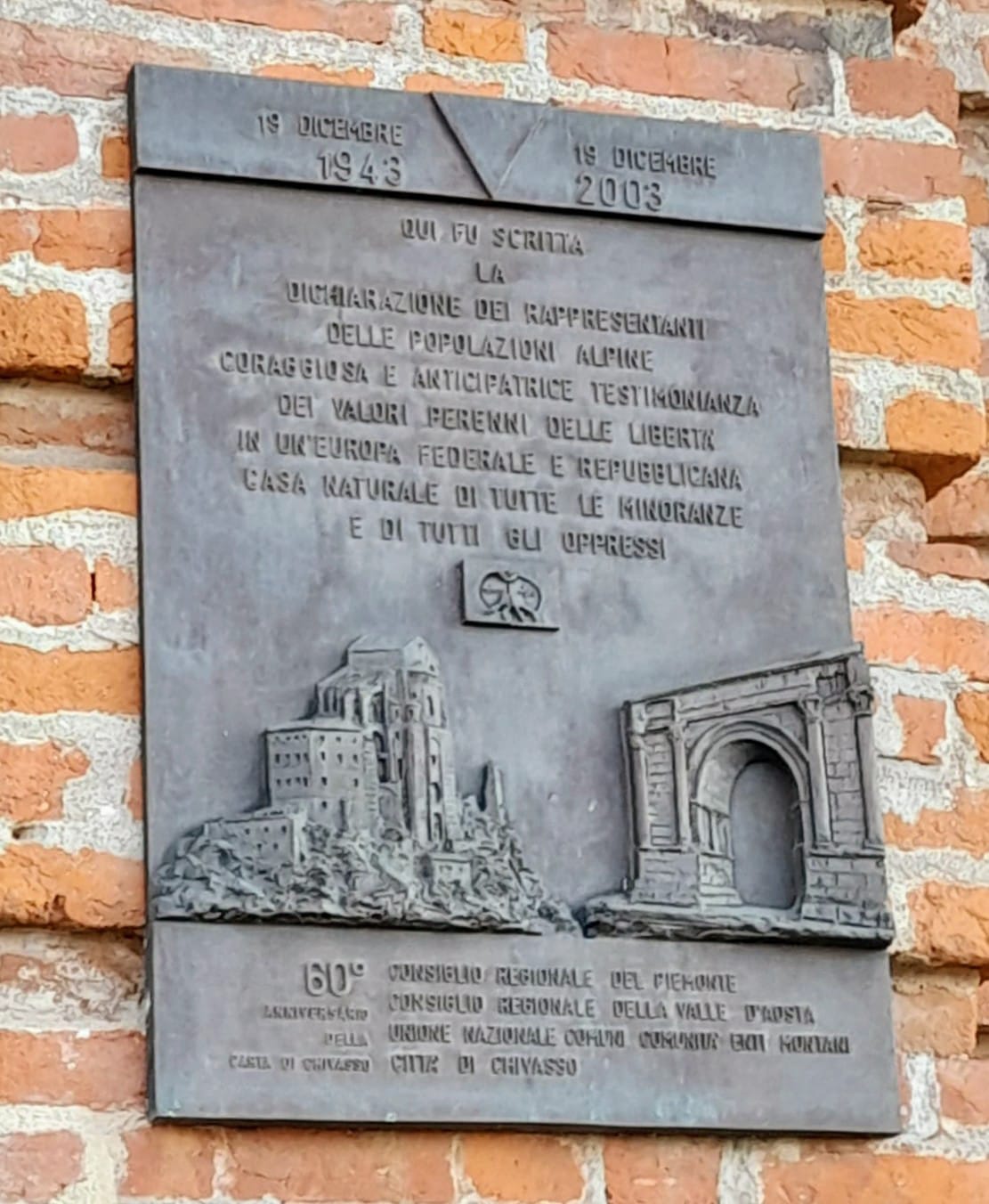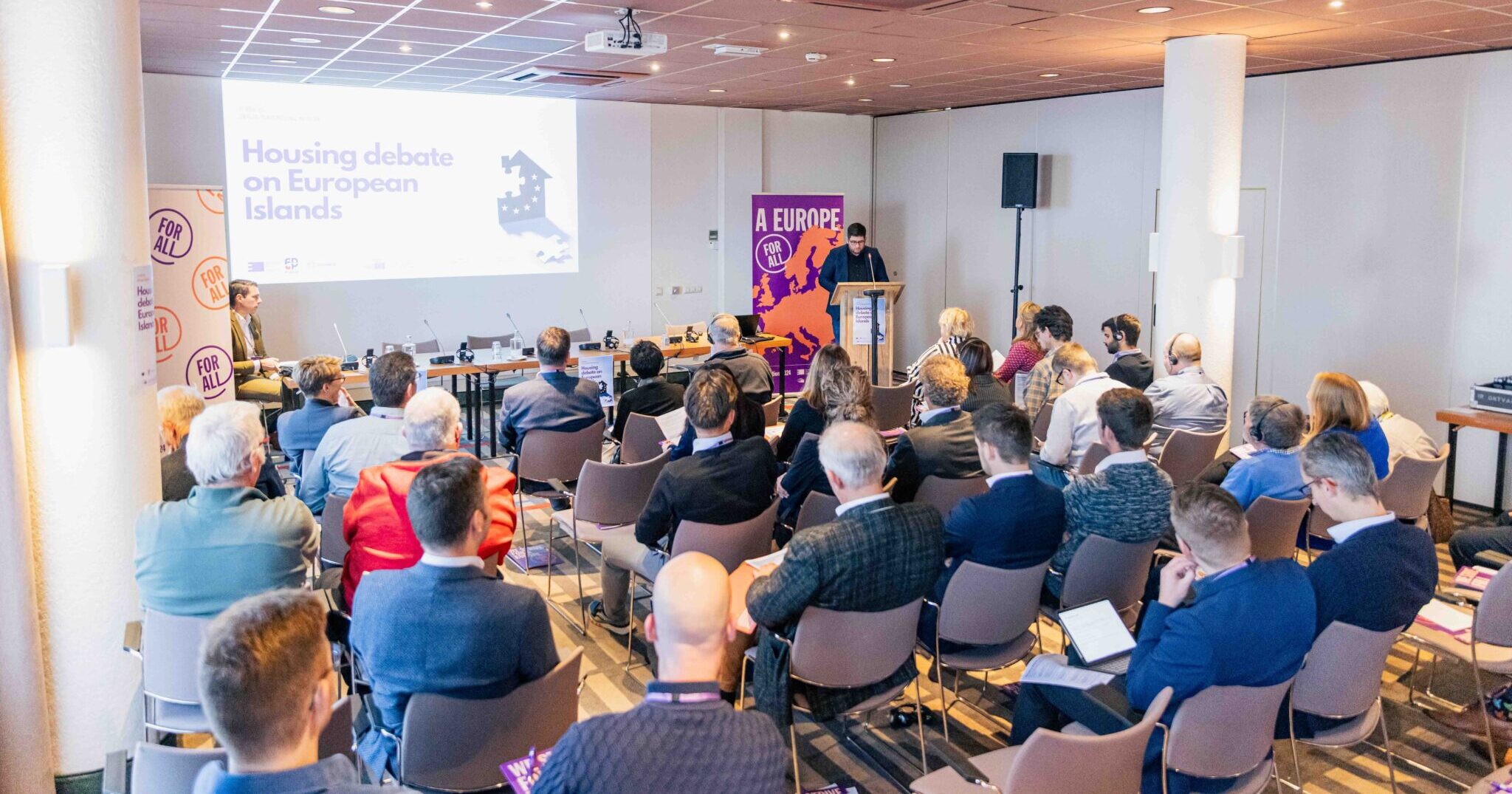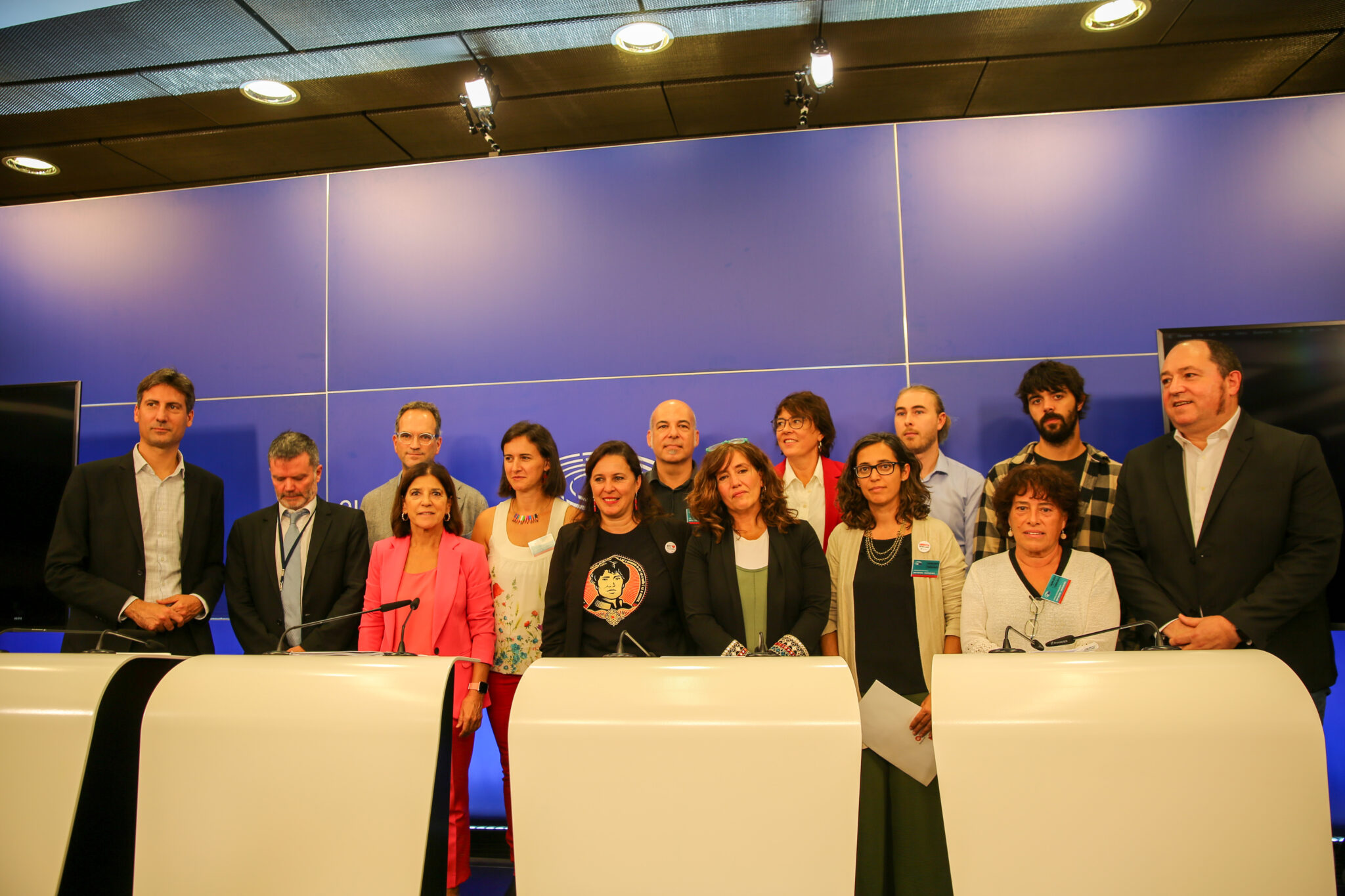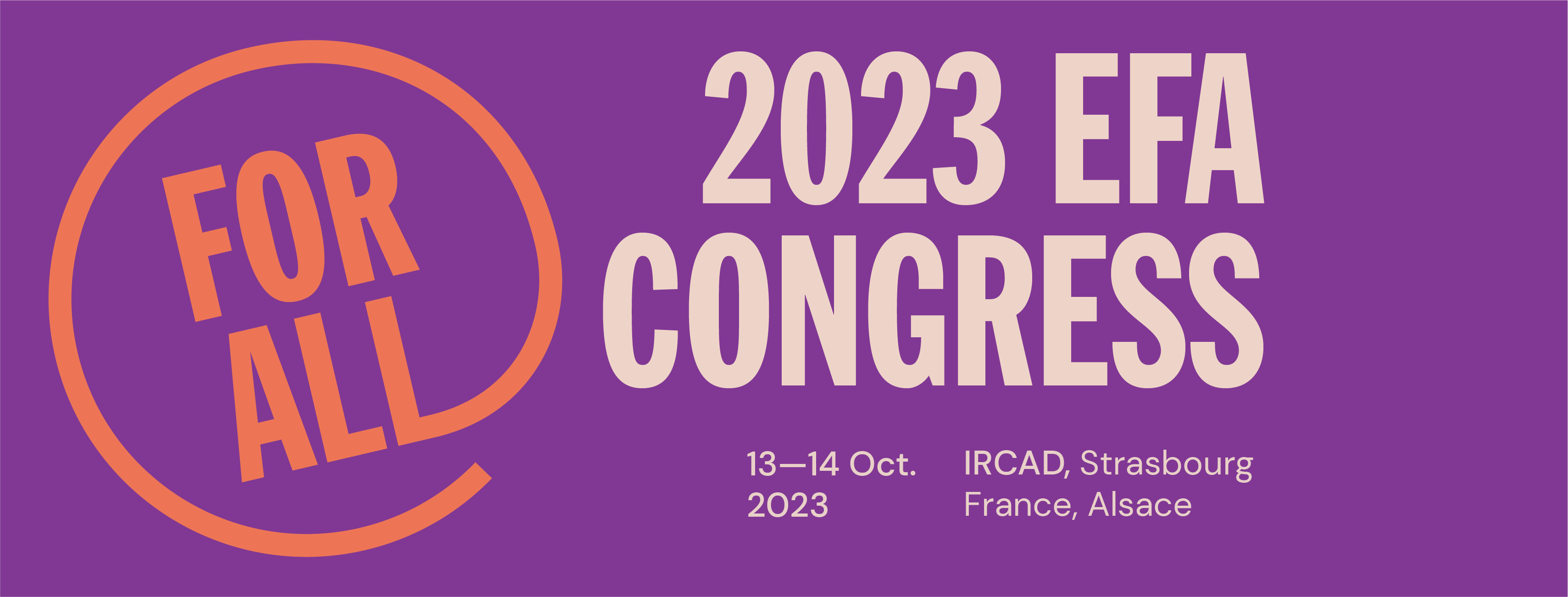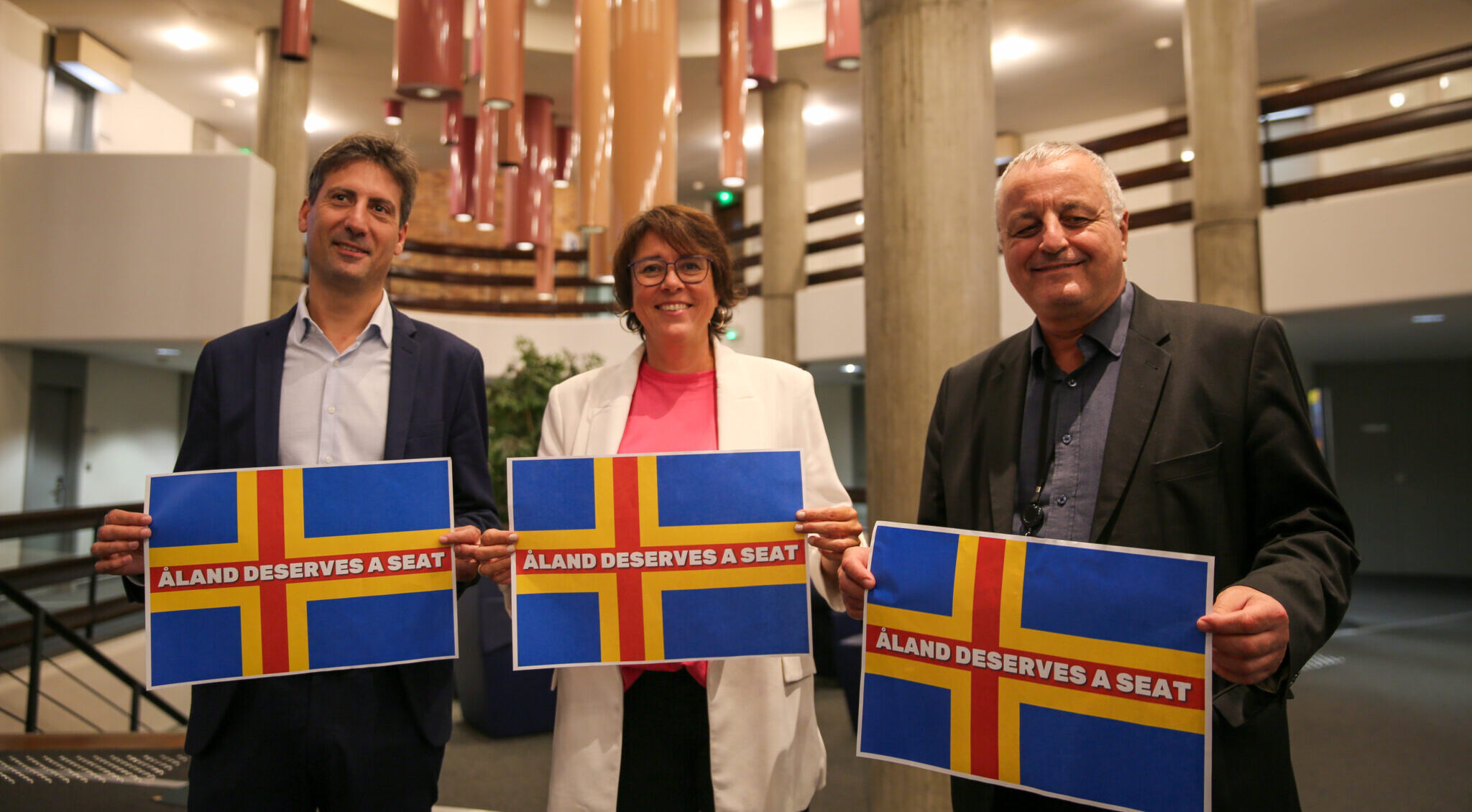Op-ed: Will we allow the totalitarian past to enter our common European future?
Dr Stoyko Stoykov is the Co-President of United Macedonian Organisation “Ilinden” PIRIN, a political party representing the Macedonian minority of Bulgaria and member of EFA.
The European Union (EU) proudly espouses to build a society in which inclusion, tolerance, justice, solidarity and non-discrimination will prevail. The promotion of freedom, human dignity, equality, rule of law and human rights form part of the so-called “Copenhagen criteria” which candidate-countries need to fulfil before joining the EU. Through such a process, the old ‘sicknesses’ of the continent are ‘healed’ and left in the past, thus ensuring a better future for all.
Well, at least that is the theory. In reality, human rights and in particular minority rights, have been relegated to the bottom of the list of priorities for European integration. Let me illustrate with a sad and true story. Eight decades ago, fearful of losing part of its territory, communist Bulgaria determined that the only solution was to assimilate its minorities into a “unified socialistic Bulgarian nation.” This was done through a series of so-called “revival processes”, targeting – in different periods – all traditional minorities settled in Bulgaria, such as Turks, Roma, Pomaks, Macedonians etc. The assimilation of ethnic Macedonians began in 1963 under dictator Todor Zhivkov who proclaimed that, “such minority does not and cannot exist in Bulgaria”, sending hundreds of people to prisons and internment camps. After the fall of communism in Bulgaria, assimilation of Macedonians continued. The EU, out of geopolitical concerns (i.e. wanting to pull the region out of Russia’s grip) accepted Bulgaria without the country having fulfilled the criteria for minorities. The European Free Alliance (EFA) rightly objected and demanded that Bulgaria recognise the Macedonian minority before being admitted to the EU. Sadly, the majority of the MEPs cared more about geopolitics than justice and human rights, and thus EFA’s proposition lacked majority support in the European Parliament.
In the Council of Europe, no less than 14 judgments of European Court of Human Rights against Bulgaria and in favour of the Macedonians has not changed the situation. The EU continues to absolve itself from human rights issues, especially minorities, which are left to the mercy of member states. That is, everything is left to the “good will” of the member states. In Bulgaria, this good will has an evil intent, where minorities are treated as enemies of the state, are a “danger to national security”, imperil “the unity of the nation” and “threaten territorial integrity”. This is the reality of everyday life for members of the Macedonian minority in Bulgaria.
But the problem does not end here and does not remain only within the borders of Bulgaria. Like any untreated disease, it is now spreading and threatening to ‘infect’ the Union itself. Encouraged by its acceptance as a member of the EU together with its totalitarian and anti-minority policy, Bulgaria is now trying to impose its will on other countries. Having been admitted without recognising the Macedonian minority, now Sofia officially wants the denial of the Macedonian minority to be a condition for EU-membership, citing it as an official reason for vetoing the start of accession talks with Macedonia!
Sadly, this is what happens when problems are not dealt with in their infancy. For years, human rights advocates for the rights of Macedonians in Bulgaria have clashed with the working principle of the European institutions: if there is no conflict – there is no problem; a practice that inevitably leads to escalation of problems into conflicts. This leads us to two important questions to ponder: Will we allow countries like Bulgaria to turn discrimination into a European value? Will we let the totalitarian past to influence our common future? The Macedonians of Bulgaria await an answer…
Dr Stoyko Stoykov


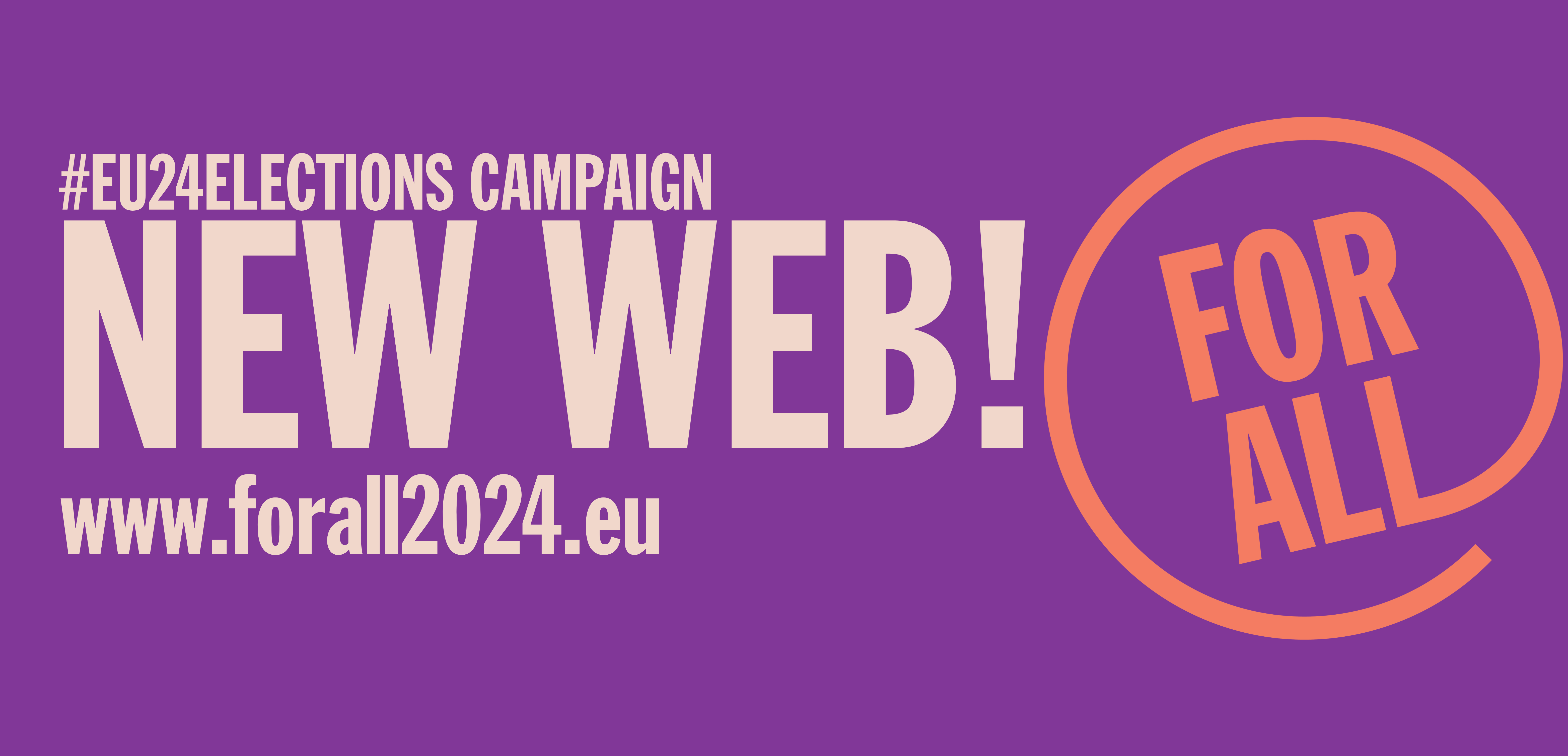

![[UPDATE] EFA expels Latvian Russian Union](https://e-f-a.org/wp-content/uploads/2023/04/blue-gae9f38ab3_1280edited.jpg)


